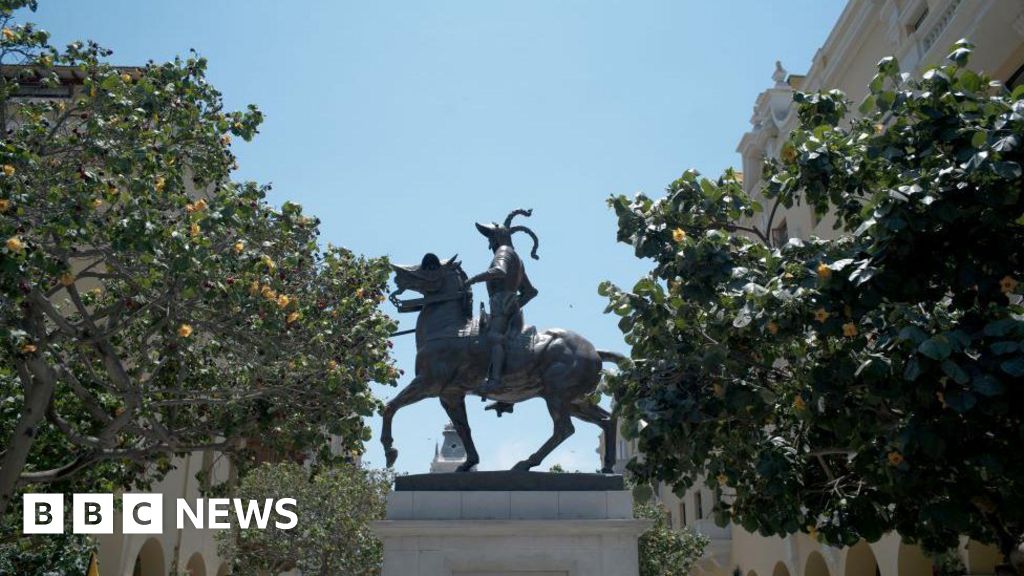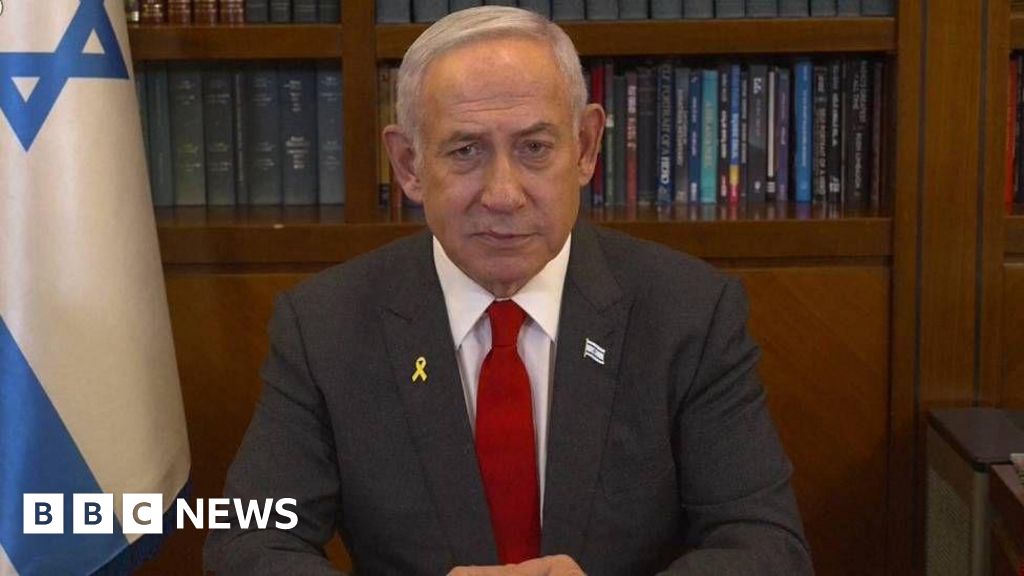ARTICLE AD BOX
Canada’s politics got a dose of uncertainty this week after the country’s left-leaning New Democratic Party (NDP) backed away from a deal that helped keep Justin Trudeau’s Liberals in power.
The deal - called a "supply and confidence" agreement - had the NDP backing Mr Trudeau's minority government in confidence votes in exchange for support on key priorities.
The sudden collapse of the deal means an early federal election is more likely.
But NDP leader Jagmeet Singh on Thursday refused to say whether his party would seek to bring down the government at the earliest opportunity.
"We are absolutely aware ripping up this agreement makes an election more likely," Mr Singh, whose party is ranked fourth in the House of Commons, said at a press conference.
"Whenever an election comes we’ll be ready to fight it."
But he added: “We’ll have to look at each vote on its merits and decide what’s in the interests of Canadians.”
The NDP-Liberal deal was originally meant to run until June 2025, with the next general election scheduled for October of that year.
The government is now in a shakier position and could be brought down if the Liberals fail to survive any non-confidence motions put forward after parliament returns in mid-September.
The NDP-Liberal pact was not a formal coalition but had the NDP supporting the government in exchange for movement on policies like a dental benefits programme for lower-income families and a national pharmacare programme that would cover birth control and insulin.
Until this spring, Mr Singh and senior members of his party remained publicly committed to the deal, and its collapse this week was a surprise.
But there is likely some strategy behind the decision, Laura Stephenson, a professor of political science at Western University in London, Ontario, told the BBC.
With two by-elections coming up in Montreal and Winnipeg on 16 September, Prof Stephenson said the NDP is likely trying to distance itself in the minds of voters from the Liberals, who have been polling poorly.
“If the NDP wants to be seen as an alternative to the Liberals, they also need to distinguish themselves from the Liberals,” Prof Stephenson said.
But she noted the NDP is not operating from a position of strength and likely does not want an election soon.
“People are sick and tired of the Liberals and they're looking to find an alternative, but we aren't seeing the numbers translating into gains for the NDP,” she said.
An August poll of Canadian voters by Abacus Data suggested that 42% would vote for the Conservatives, who are currently the official opposition. Around 25% would vote for the Liberals, and 18% for the NDP.
Conservative leader Pierre Poilievre had called for the NDP to end the deal and help his party force an early election.
A majority of members of parliament are needed for that to happen and Prof Stephenson anticipates Canadians will not go to the polls until March or April of next year, when the Liberals table the upcoming budget bill.
Because it is a key piece of legislation, a vote on the budget can double as an expression of confidence in a sitting government.
Prof Stephenson cautions, however, that with politics, anything could happen.

 4 months ago
21
4 months ago
21








 English (US) ·
English (US) ·